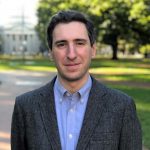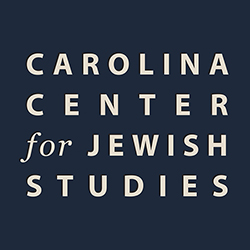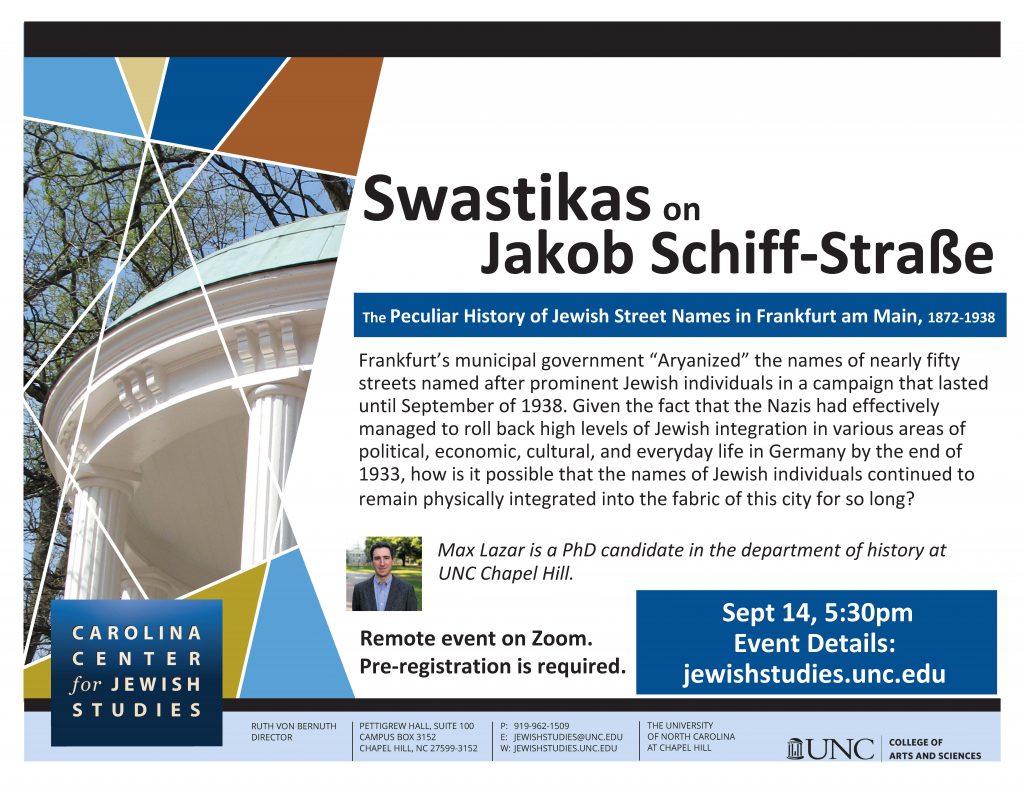Update:This presentation is now available to view on our Vimeo site and our YouTube channel.
Update: Zoom instructions were sent out through Eventbrite to all ticketholders. If you don’t have an email with Zoom instructions by 2pm on September 14, please check your junk/spam folder. If you still don’t have an email from Eventbrite, please contact us at jewishstudies@unc.edu.
Pre-registration is required for this online Zoom lecture. Sign up on Eventbrite… all “ticketholders” will receive the Zoom link via email a few days prior to the event. This event features a 20 minute talk followed by a question/answer session.
September 14, 5:30pm
Swastikas on Jakob Schiff-Straße:
The Peculiar History of Jewish Street Names in Frankfurt am Main, 1872-1938
 Frankfurt’s municipal government “Aryanized” the names of nearly fifty streets named after prominent Jewish individuals in a campaign that lasted until September of 1938. Given the fact that the Nazis had effectively managed to roll back high levels of Jewish integration in various areas of political, economic, cultural, and everyday life in Germany by the end of 1933, how is it possible that the names of Jewish individuals continued to remain physically integrated into the fabric of this city for so long? To answer this question, the talk will employ elements of spatial theory in order to challenge historians to reconsider the nature and continuities of Jewish integration in Germany both before and after 1933.
Frankfurt’s municipal government “Aryanized” the names of nearly fifty streets named after prominent Jewish individuals in a campaign that lasted until September of 1938. Given the fact that the Nazis had effectively managed to roll back high levels of Jewish integration in various areas of political, economic, cultural, and everyday life in Germany by the end of 1933, how is it possible that the names of Jewish individuals continued to remain physically integrated into the fabric of this city for so long? To answer this question, the talk will employ elements of spatial theory in order to challenge historians to reconsider the nature and continuities of Jewish integration in Germany both before and after 1933.
Max Lazar is a PhD candidate in the department of history at UNC Chapel Hill. His dissertation is a local study of Jewish integration in Frankfurt am Main between 1914 and 1938. Lazar’s research has been funded by groups including the German Academic Exchange Program (DAAD), the American Academy for Jewish Research, and the Central European History Society. Before coming to UNC, Lazar was the Richard J. Sonnenfeldt Fellow at the AJC Berlin Ramer Institute for German-Jewish Relations and a Fulbright Teaching Assistant in Vienna, Austria. Lazar is the Center’s 2020-2021 Goodman Fellow.

